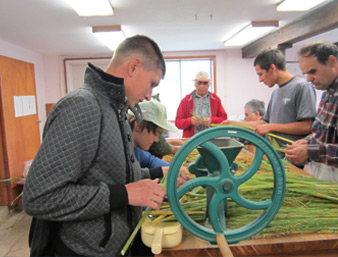
Computer Games Development for STEM Instruction with Special Needs Students
Today, more than ever before, students’ interests begin with technology and its use. Whereas previously, students’ interests typically lay with outdoor activities, at the present time their preference is to play games in front of a computer, perhaps involving other students but oftentimes not. According to literature from the University of Wisconsin-Madison (2013), the total consumer spending on video games in 2012 was $20.77 billion. It can be safely assumed that school-aged children accounted for much of this outlay. (Compared to spending $10.8 billion on movies and $16.5 on music purchases). Such is the affinity students have for computers and gaming that, “Young people consume almost 11 hours’ worth of media per day crammed into seven-and-half hours per day because of multitasking and yet students on average spend less than an hour per day on homework” (Video Game Industry Statistics, 2013).
Yet, questions arise as to the efficacy of converting this natural interest on the part of students into conversion into a classroom STEM learning experience. Research indicates that the use of computer games may be an effective bridge for learning. A review of literature involving over 300 articles by Young, Slota, Cutter, Jalette, Mullin, Lai, Simeoni, . . . and Yukhymenko (2012) revealed that supporting evidence was found for the positive impact video games had in the learning of history, physical education, and language. Other research indicates the effectiveness of video computer games on learning and motivation of the student, learning and motivation of the teacher, student skills in problem solving, and as an effective learning tool. Clearly, research suggests the power of video games to attract and hold the interest and attention of the student and teacher. Not only does research suggest the potency of video computer games as an instructional tool for regular education classrooms, but for use as a stepping stone for instruction with special needs students as well.





